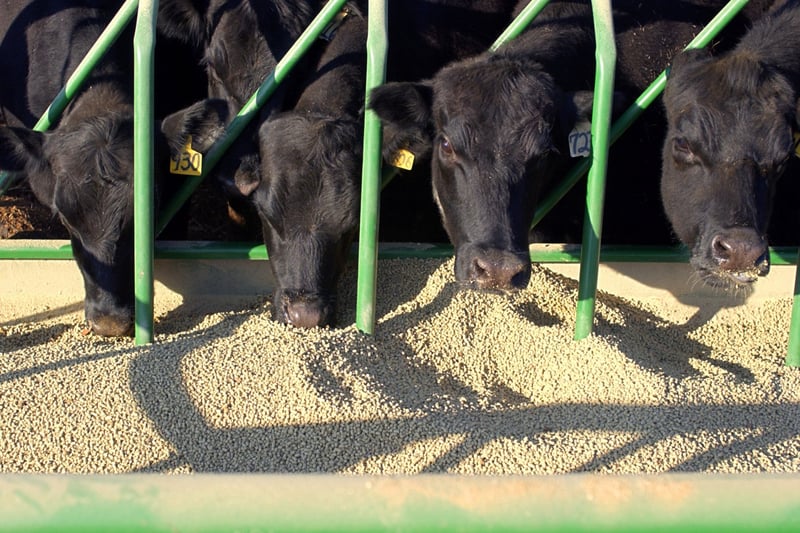
Learn how Kroger and its suppliers play a role in deforestation and climate change.
Kroger, a familiar name to many households in the United States, is one of the largest grocery chains in the country. It owns several subsidiary brands, such as Ralph’s and Harris Teeter, and plays a large role in the industry. While the company claims it is committed to sustainability, Kroger is not taking full account of its role in perpetuating climate change, land degradation, and biodiversity loss. Here are three reasons why Kroger is not doing enough to protect our planet and food system.
1. Kroger’s deforestation commitment is focused on just a few “commodities”
In its sustainability goals, Kroger has publicly stated a commitment to eliminating deforestation from its private-label products. Diving deeper, though, it is clear this commitment is specific to only a few products: paper, palm oil, soy, and beef. While addressing deforestation from these products is crucial, it is ignoring the devastating deforestation and climate impacts from factory farming other animals. By omitting chicken and pig suppliers from its goals, Kroger is missing a huge culprit in environmental destruction.
2. Kroger continues to source factory-farmed animal protein from companies driving significant deforestation, like JBS and Pilgrim’s Pride
Kroger sources its meat from JBS, the largest meat producer and processor in the world. Headquartered in Brazil, JBS has operations across the globe, including operating under a variety of names here in the US such as JBS USA, Swift, and Pilgrim’s Pride. The company is notorious for damaging our environment. In Brazil, JBS has publicly admitted to regularly participating in illegal deforestation, common in its everyday business functions. Additionally, JBS contributed more CO2 emissions in 2021 than the entire country of Italy! Kroger cannot, in good faith, claim they are making strides towards ending deforestation if it continues to source from companies like JBS.
3. Kroger does not have a clear goal to sell less meat
It is clear that farming animals has an enormous environmental footprint compared to other foods. To truly reduce its global and local impact and protect the future of our planet, Kroger must establish a pathway for reducing the role of animal proteins in its stores and promoting more planet- and animal-friendly products. With factory farming as a primary driver of climate change, biodiversity loss, and habitat destruction, Kroger’s continued promotion of these products makes it complicit in this crisis and puts meaningful sustainability out of reach.
If Kroger wants to truly stand by its commitments and responsibility to sustainability and a thriving future, it needs to develop sustainability policies that address the full scope of its supply chain and generate the transformational change needed to protect animals, people, and the planet. Help us move Kroger to greater accountability and progress: send a letter to Kroger executives urging them to expand the deforestation-free policy to all of its animal products.